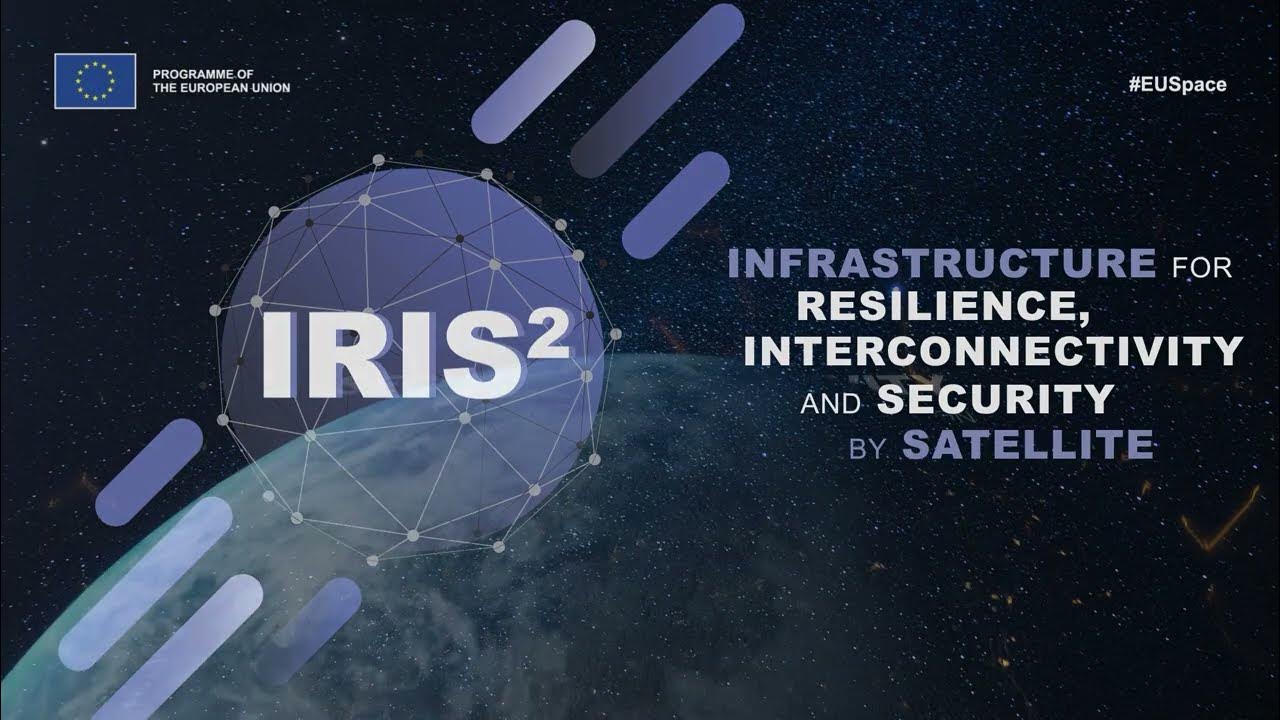Since the first day that Elon Musk, CEO of SpaceX, introduced Starlink, the satellite internet service, rival companies have started to emerge against Starlink both in the US and in many regions such as the European Union. According to the latest information, the European Union’s satellite internet system IRIS 2 will not be in full service until 2030!
The European Union’s satellite internet service will not be available until 2030!
In recent years, after SpaceX and Tesla CEO Elon Musk announced the satellite internet service Starlink, new companies such as AST SpaceMobile and Amazon Project Kuiper started to come to the fore in the US. Later, when satellite cellular internet (satellite-to-phone internet) was included in the satellite internet service, T-Mobile started to make deals with Starlink in the US, while Verizon and AT&T started to make deals with AST SpaceMobile. A few years ago, the European Union, which wanted to get involved in the sector, formed a commission of satellite companies SES SA, Hispasat and Eutelsat for a new competitor. The result of the commission was IRIS 2.

SpaceX currently has more than 6,000 satellites in low Earth orbit. With the agreements made by the European Union, a 12-year contract was signed when the project first emerged. This 12-year contract includes the launch of 290 satellites for IRIS 2. The contract also includes a clause stating that IRIS 2 must start providing satellite internet connectivity to its customers by 2030. The commission, made up of SES SA, Hispasat and Eutelsat, says that full service will not be available until early 2030. The Commission is expected to launch the first service phases of IRIS 2 in late 2024, with the service expected to be available to the entire European Union by late 2027. However, the Commission states that they need higher funding for IRIS 2 and that they will come to the table with the EU to ask for more funding from the EU.
Some users argue that the money spent on IRIS 2 is unnecessary and that Starlink has been providing high speed service for nearly 4 years. After the launch of IRIS 2, the EU’s own satellite is expected to contribute to the intra-EU economy. In addition, the fact that CEO Elon Musk reported that he has been in contact with Russian state minister Vladimir Putin for years bothers some EU citizens and they do not want to use Starlink.
So what do you think about this issue? Please don’t forget to let us know your thoughts in the comments section below.














